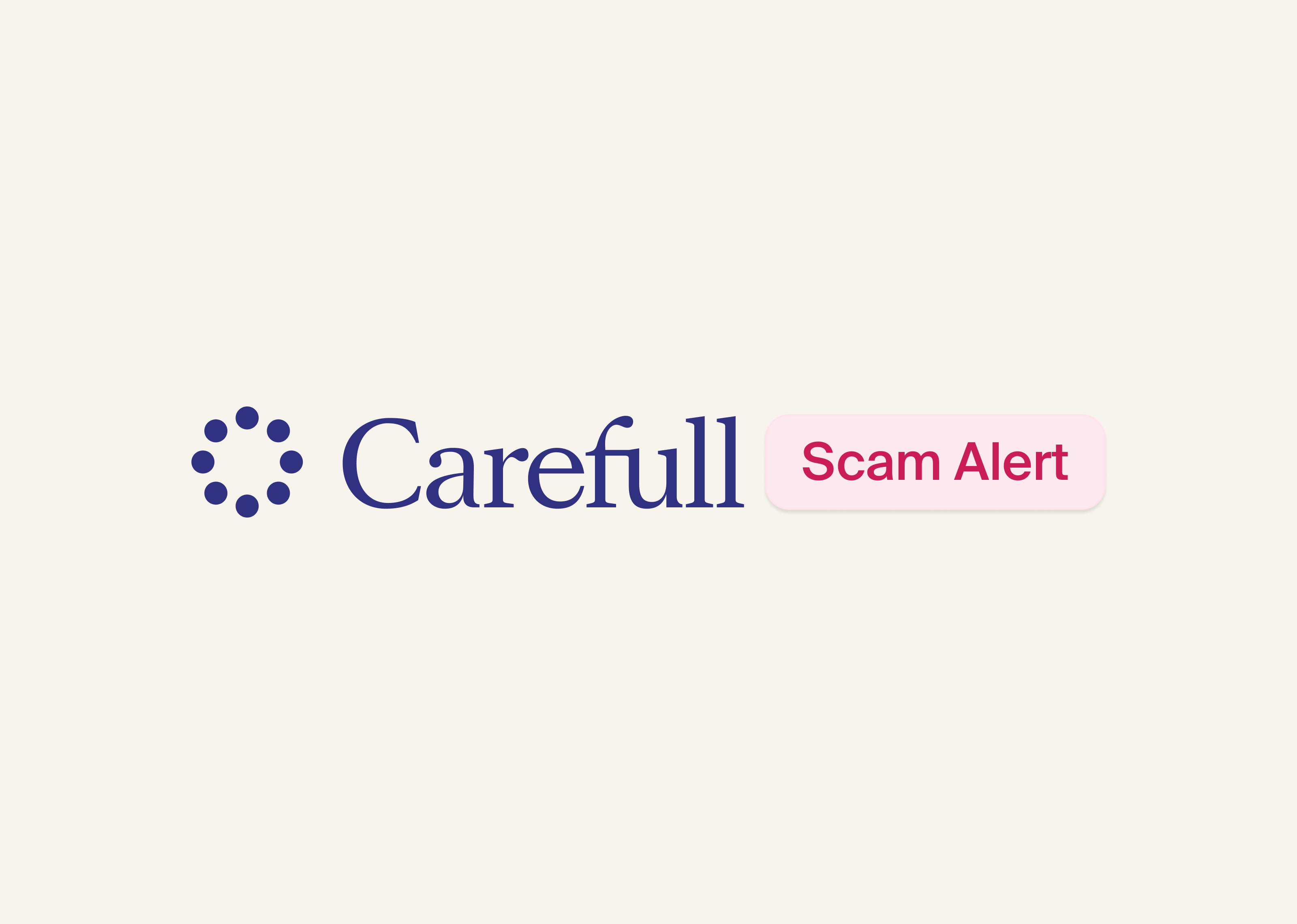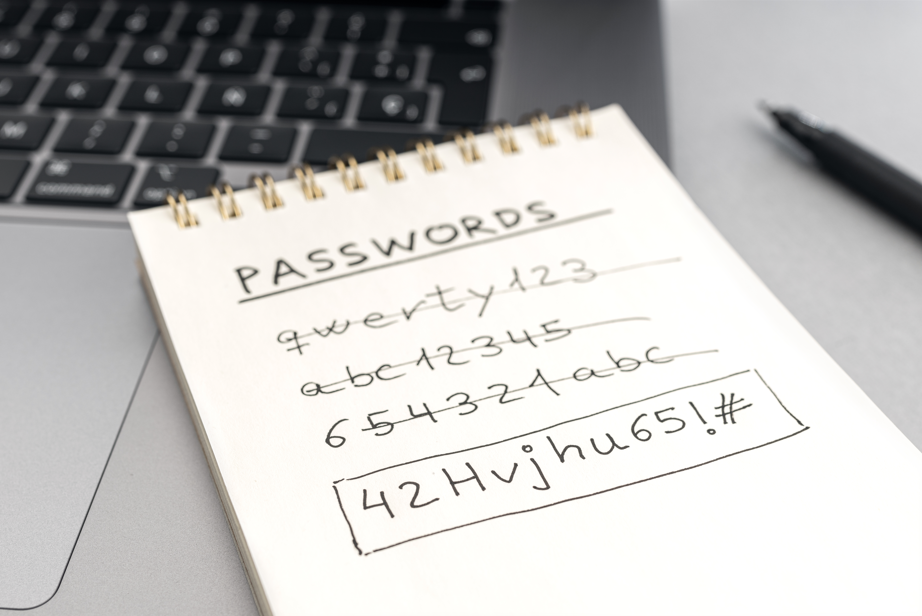The Unpaid Toll Scam Is Back

The unpaid toll text message scam that surfaced in April 2024 is back.
Carefull has received reports of deceptive text messages that appear to come from toll collection services notifying people that they have unpaid balances. State transportation departments also have been warning residents to be on the lookout for these bogus messages.
The surge in unpaid toll scam messages appears to be coinciding with the release of an update to text-message based phishing kits sold in China that make it easy to imitate toll road operators in many states, according to security news website Krebs on Security. California, Colorado, Connecticut, Florida, Massachusetts, Minnesota, Pennsylvania, Texas, Washington and West Virginia are among the states that scammers are claiming to be associated with when sending unpaid toll messages.
[ See: 5 Signs of a Scam ]
How the unpaid toll charge scam works

The scam begins with a text message that appears to come from a state toll collection agency or E-ZPass. The message alerts recipients that they have an unpaid toll balance and must pay it to avoid a fine, late fees or losing their license.
The message includes a url (typically an ezdrive.com address) and instructions to reply “Y,” exit the message and open it again to activate the link.
Here’s an example of one of the text messages shared with Carefull:
“EZDriveMA: Your vehicle has an unpaid toll invoice, and to avoid excessive late fees on your bill, pay your fee by January 17, 2025. [Link] Please reply to Y, then exit the SMS, open the SMS activation link again, or copy the link to Safari browser and open it.”
The real EZDriveMA and other state tolling agencies do not request payments by text. The links in these messages go to websites that mimic state tolling agency sites. The aim of these fake sites is to trick people into providing their debit or credit card information, which the scammers will steal to make purchases or even launder money, according to Krebs on Security.
How to avoid this scam
Take these steps if you receive a text message about an unpaid toll charge.
- Don’t click on links in messages. Scammers try to create a sense of urgency to scare potential victims into responding. Don’t rush to respond or click on any links—even if the message appears to come from a legitimate source.
- Contact the tolling agency directly if you think you might have unpaid charges. Look up the tolling agency’s customer service number online and call to find out if you owe money. Do not call numbers provided in a text message or listed on websites that are referenced in a text message. These could be fake.
- Report scam messages to the FBI’s Internet Crime Complaint Center at www.ic3.gov. include the phone number from where the text originated and the website listed within the text. Then, use your phone’s “Report Junk” option at the bottom of the text message to report it as an unwanted message and delete it.
If you have made a payment by clicking on a link in an unpaid toll message, let your financial institution or credit card company know that the payment was made as a result of a scam. Then, cancel the card you used to prevent future fraudulent charges.
Freeze your credit reports at all three credit bureaus—Equifax, Experian and TransUnion—if you shared any personal information through a scam text message. This will prevent thieves from using your information to open fraudulent accounts in your name.
Stay vigilant by using a service such as Carefull for account, credit and identity monitoring to be alerted to unusual transactions, signs of fraud and misuse of your personal information. You can try Carefull for free for 30 days.
[ Keep Reading: What to Do If You've Been Scammed ]

3 Steps to Safer Money,
Try it Free for 30 Days
Step 1
Start your free,
no-risk trial
Step 2
Connect the accounts and cards you want protected
Step 3
Stay alerted to any
unusual activity



.png)



